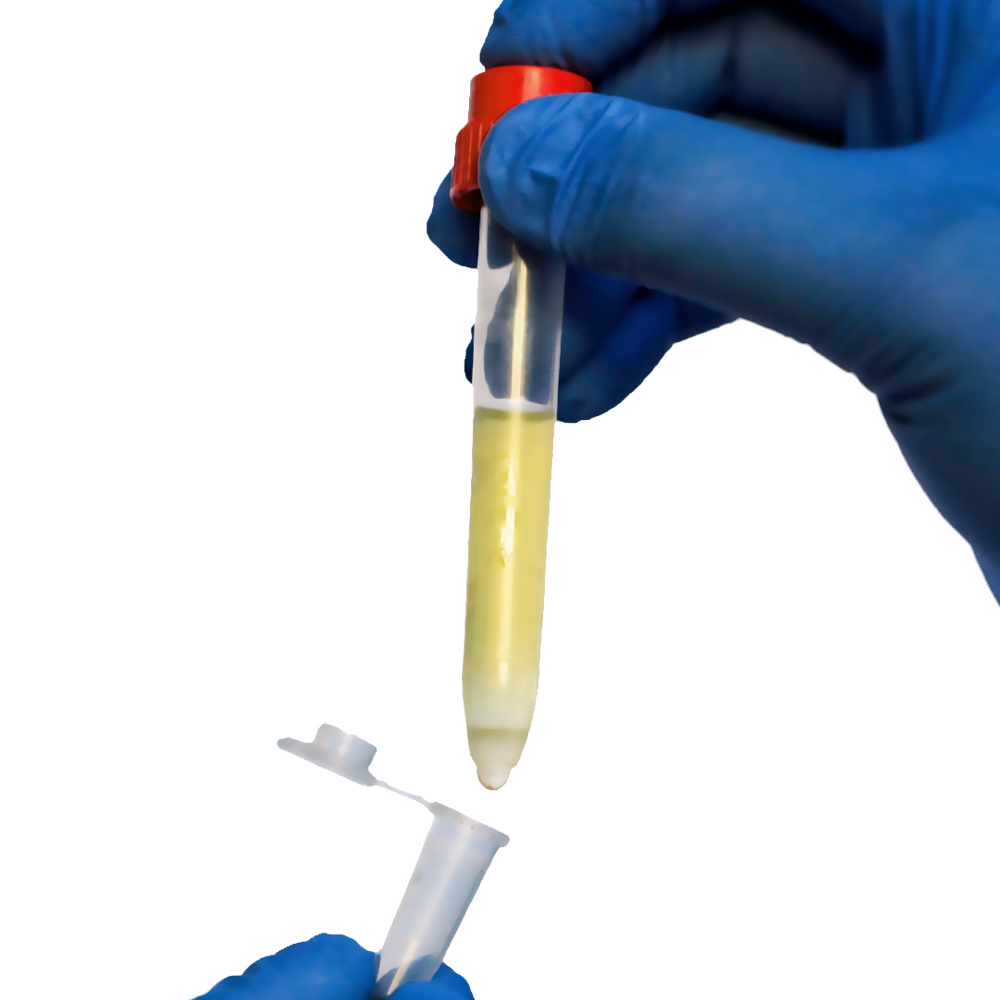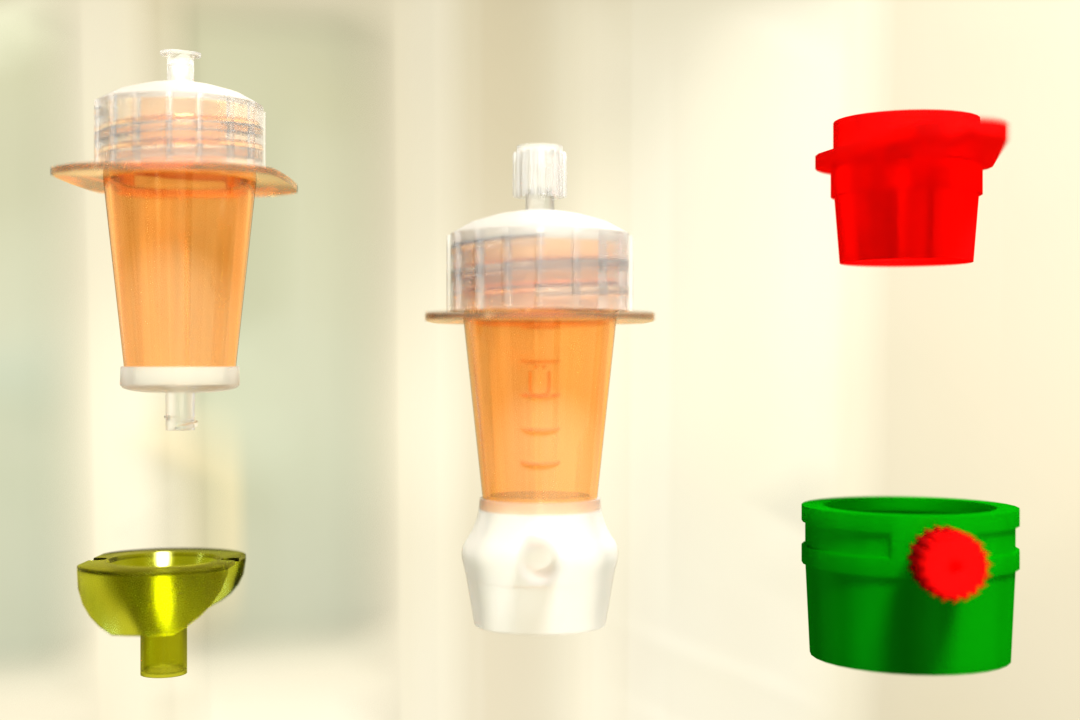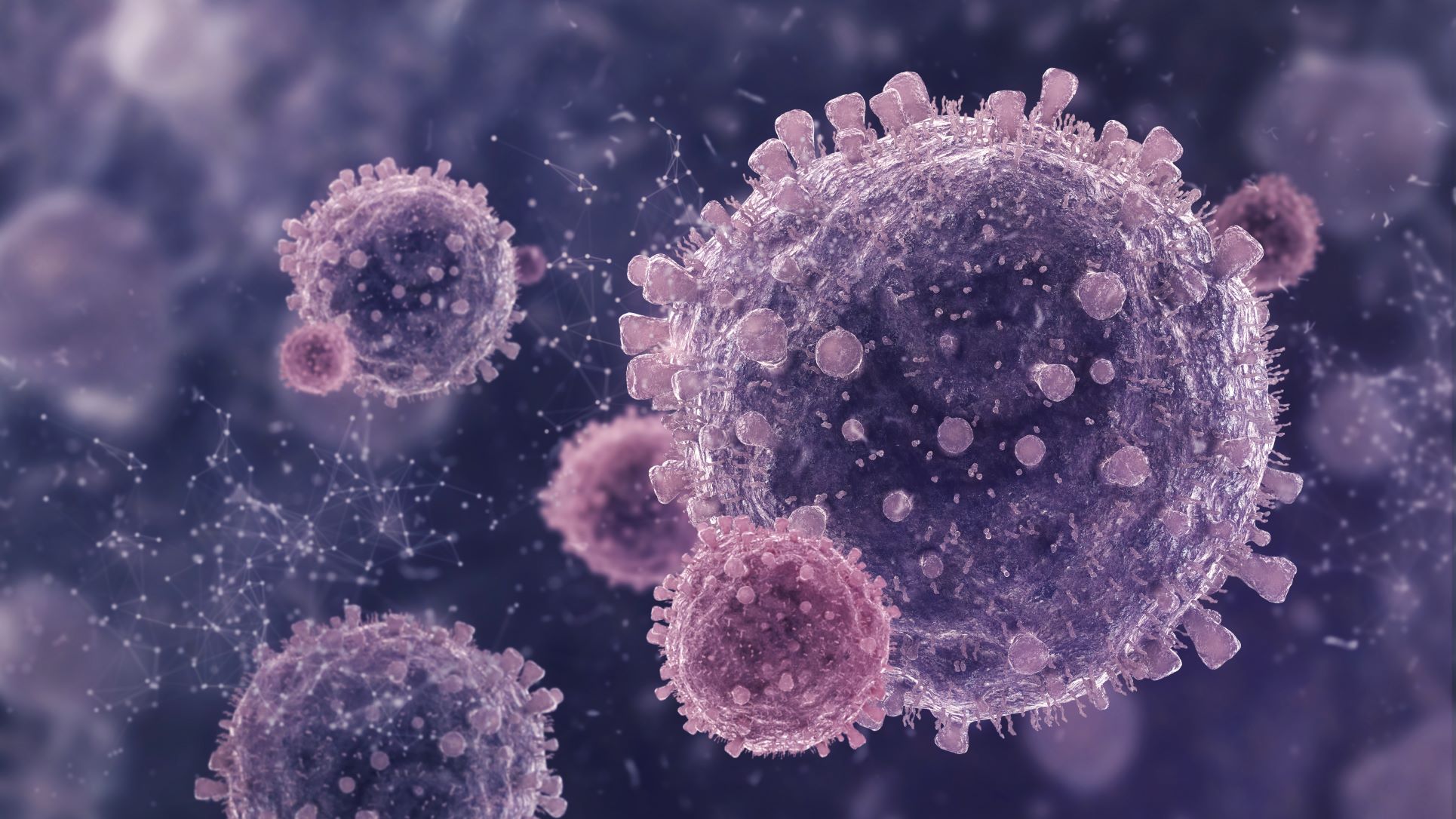Discover an innovative approach to CTC screening using antibody cell separation, featuring the remarkable EpCAM-pluriBead.
In the relentless pursuit of better cancer diagnostics and therapies, researchers and laboratories worldwide are constantly exploring innovative techniques. One such promising approach is antibody cell separation, a method poised to redefine how we detect and study Circulating Tumor Cells (CTCs) in colon carcinoma and beyond.
Cancer, particularly colon carcinoma, remains a formidable challenge for healthcare professionals and researchers alike. Early detection is often the key to successful treatment, making the quest for more effective screening methods all the more crucial. In this blog, we delve into a novel approach that could redefine the landscape of CTC screening: Antibody cell separation.
Why Researchers Require the Best Tools for CTC Screening?
Researchers engaged in the battle against cancer understand the importance of having the best tools at their disposal. Here’s why:
Precision and Accuracy:
CTCs are typically rare in the bloodstream, making their detection challenging. Advanced techniques like Antibody Cell Separation ensure precise and accurate results, minimizing the risk of false negatives or positives. The EpCAM antibody’s specificity for tumor cells is crucial in this process.
Efficiency and Time-Saving:
Time is often of the essence in cancer research and treatment. Traditional methods that involve extensive sample preparation can be time-consuming. Antibody cell separation simplifies the process, allowing researchers to focus their time and energy on analyzing the captured CTCs.
Enhanced Sensitivity:
The ability to enrich CTCs from a blood sample is essential for detecting even the rarest of these cells. By increasing the sample volume, researchers can enhance the sensitivity of their screening, ensuring that no potential CTCs go unnoticed. This increased sensitivity can lead to earlier detection and a deeper understanding of cancer biology.
Tailoring Treatment:
CTC screening isn’t just about detection; it’s about tailoring treatment plans to individual patients. By studying CTCs, researchers can identify specific markers and mutations that guide personalized treatment decisions. Antibody cell separation simplifies this process, enabling researchers to connect the dots between CTC characteristics and treatment strategies.
About PluriBead Technology
PluriBead is one of the most efficient antibody cell separation technology that simplifies the separation of cell mixtures, eliminating the need for complex and time-consuming sample pretreatment processes. PluriBead technology leverages non-magnetic monodispersed microparticles, or beads, designed with precision and purpose. These microparticles are unlike any other, featuring a surface coated with monoclonal antibodies (mAb) that specifically target structures on the surface of the desired cells, in this case, Circulating Tumor Cells (CTCs).
The Power of Antibody Cell Separation
At its core, antibody cell separation is a non-magnetic technology that simplifies the process of CTC screening, eliminating the need for complex sample pre-treatment. The star of this technique is the EpCAM-pluriBead, a specialized carrier bearing a tumor-associated EpCAM antibody. Unlike traditional methods, this approach offers unparalleled convenience. Imagine being able to add EpCAM-pluriBead directly to a whole blood sample without any intricate preparation. It’s a game-changer, especially for busy research professionals and labs seeking efficiency without compromising on accuracy.
Cell Enrichment for Enhanced Sensitivity
While the primary goal of CTC screening is to detect these elusive cells, another significant aspect is the method’s sensitivity. The antibody cell separation method not only simplifies the initial capture of CTCs but also allows for the enrichment of these cells. By increasing the sample volume, researchers can enhance sensitivity, a critical factor when dealing with low-abundance CTCs. This means that even rare CTCs can be reliably detected, offering valuable insights into cancer progression and treatment response.
The Path to Early Cancer Diagnostics
One of the most exciting aspects of this approach is its potential impact on early cancer diagnostics. For instance, in the case of colon carcinoma, the K-ras mutation status is a predictive tool for anticancer therapy response. With the antibody cell separation method, captured EpCAM-positive colon carcinoma cells can be readily utilized in molecular-genetic experiments to detect their mutation status. This ability to connect specific markers with tumor formation is invaluable for tailoring personalized treatment plans.
The Process Unveiled
Let’s break down the antibody cell separation method into simple steps:
Labeling: Add EpCAM-pluriBead to your sample.
Mixing: Gently incubate for 30 minutes (recommended with pluriPlix).
Isolation: Captured target cells are separated via appropriate sieves.
Washing: Use a wash buffer to clean the sieve and then lyse cells with Trizol.
CTC Processing: Explore various approaches for the study of cancer cells, including RNA/DNA isolation and cell culture experiments.
Conclusion
Antibody cell separation, with the spotlight on EpCAM-pluriBead, introduces a fresh perspective on CTC screening, particularly in the context of colon carcinoma. It simplifies the process, saves time, and enhances sensitivity, all while holding the potential for early cancer diagnostics. The future of this method looks promising. Researchers are actively working to increase sensitivity by manipulating sample volumes, exploring different tumor cell lines, and fine-tuning antibody specificity. With each step forward, we get closer to a more efficient, effective, and accessible way of battling cancer. Antibody cell separation is a beacon of hope to research professionals, laboratories, and companies dedicated to advancing cancer diagnostics and treatment. It’s not just a technique; it’s a potential game-changer in our fight against cancer, offering a clearer path toward early detection and improved therapies.
 English
English French
French
 German
German
 Spanish
Spanish
 Belgium
Belgium
 Italian
Italian Brazil
Brazil Chinese Mandarin
Chinese Mandarin




